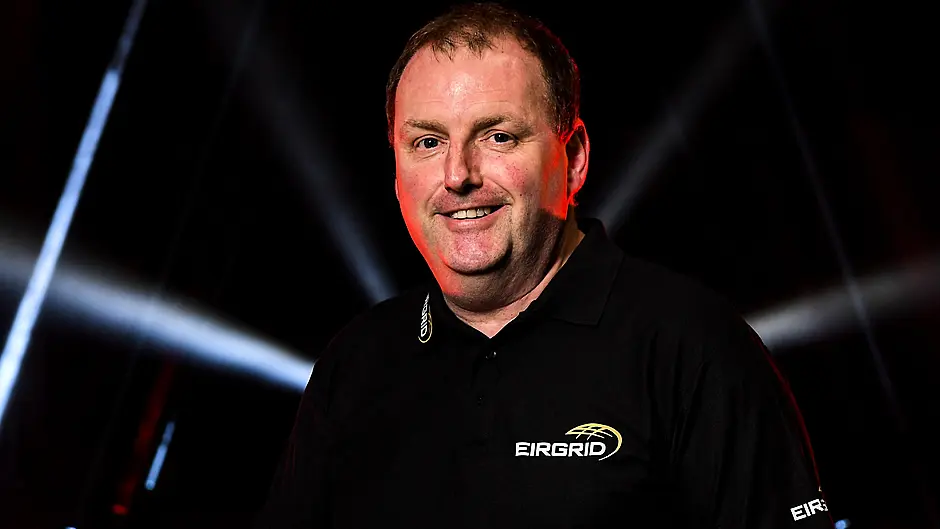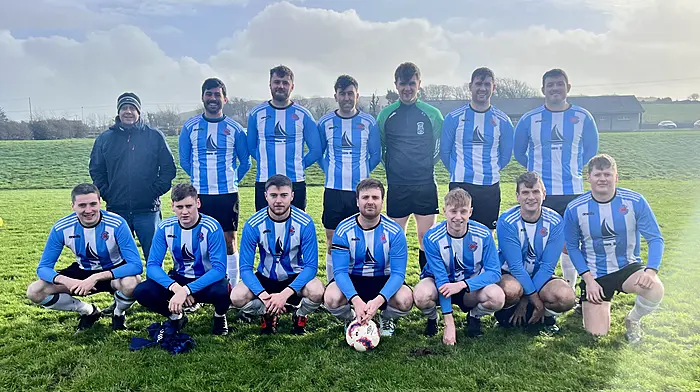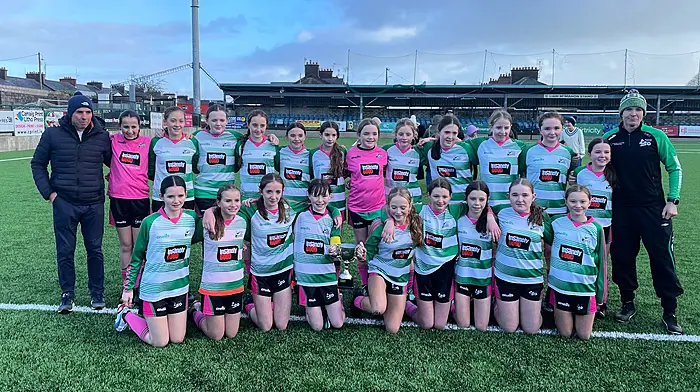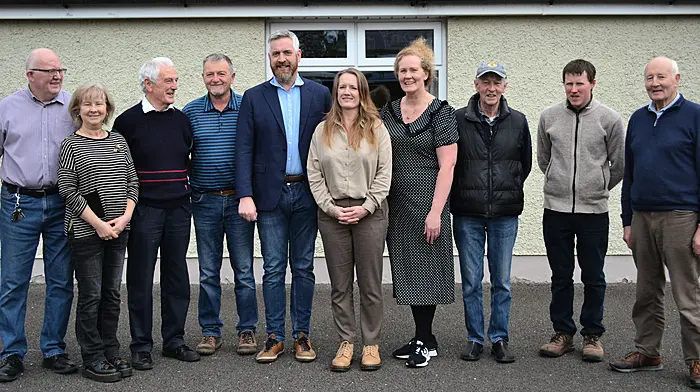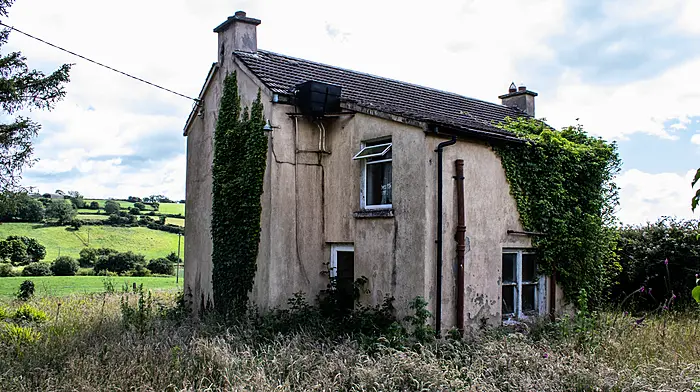ANY regular reader of this column will know that we are big fans of Keith Ricken.
The Cork U20 football manager and CIT GAA development officer is always a source of interesting insight – and he cited the passion for West Cork football as a driving force in his push for Clonakilty to host inter-county games in 2019.
A chat with Ricken will always leave one with a few kernels of food for thought, and one such example was after the 2016 county SFC game where his CIT had beaten Clonakilty.
Given the make-up of their team, CIT are always vulnerable to fixture-setting pitfalls but this match, scheduled for 5.30pm on the August bank holiday Monday, would have been postponed if Cork had beaten Donegal in their All-Ireland qualifier on the Saturday.
For a group of players in their early 20s, it made it difficult to plan their lives around such uncertainty and Ricken perfectly summed up the imperfections of the situation.
‘Our job is to promote the game,’ he said. ‘We should be providing games for players but what’s happening is that we’re providing players for games.’
He was making the point that players of the ages of those he’d be dealing with tend to be pulled from pillar to post with club and county commitments at adult and U21 (as it was when he made the comments – the change to U20 has at least helped) as well as playing for a third-level institution.
The flipside of that coin is now being seen as the GAA emerges from hibernation in the wake of the Covid-19 pandemic. The challenge is to provide enough games for players at club and county level, in an equitable fashion. We have written enough here over the past fortnight about the inter-county tail wagging the GAA dog and sports editor’s Kieran McCarthy’s column goes further in that regard.
However, an area in which the shortage of games threatens to have lasting ramifications is at underage levels. Bandon’s Carl O’Mahony and Fachtna McCarthy of Clonakilty are quoted in this edition, expressing fears regarding the logic in not having U13 and U15 competitions this year as well as the lack of organised games for second teams.
In a club with any kind of surfeit of numbers at a given age-grade, huge headaches would immediately emerge as upwards of 20 children could be left in limbo. Only the very best players on an U13 team, say, in a heavily populated club would be challenging for a starting spot with the U14s and, even if they were, they would be displacing a player on the age.
At a time when there are more alternative sporting options for teenagers than ever before, the GAA in Cork could be shooting itself in the foot by creating such narrow parameters.
Similarly, the Cúl Camps are set to go ahead this year but with limited numbers – so limited that the website crashed earlier this week due to the high level of traffic. In addition, where previously clubs could ask members aged 16 or 17 to act as camp supervisors, an edict that there must be one adult for every ten camp attendees. It’s a well-meaning rule, certainly, but it applies pressure in terms of manpower.
We know of one club which routinely had about 350 coming to its camp – can you really ask 35 people to take a week off work, or do you risk telling half of the applicants that they can’t take part in the camp with their friends?
That’s an issue for later in the summer, and hopefully every child that wants to go to a Cúl Camp will be able to do so. Will they be able to play for their clubs in a season that Rebel Óg want finished by the end of September? Right now, the portents don’t seem to be overly positive but the GAA is nothing if not adaptable.
If there is a critical mass of clubs seeking a change, then it will come about. For the good of those players – and clubmen and women – of tomorrow, hopefully there can be a rethink and it can be a case of providing games for players rather than players for games.

